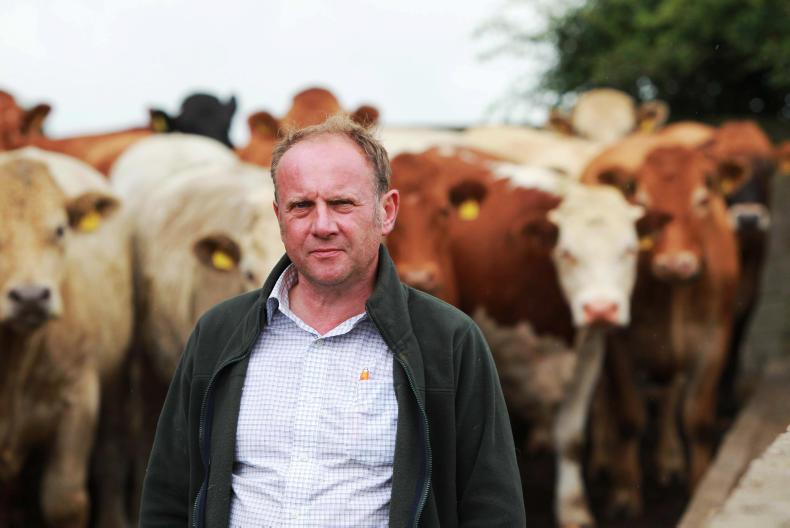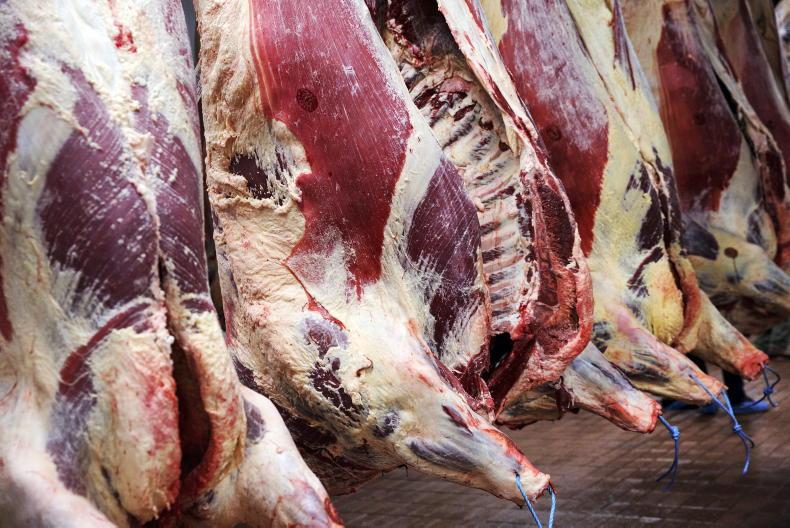When the children were small and less sophisticated than they are now, the Horrible History series of books were popular reading. These books are written in an entertaining and irreverent style which made the dry old subject of history interesting and appealing to young minds. Possibly as a result, most of our children (I make it sound like we’ve dozens) are into history, though not as much as their auld lad.
With Brexit just around the corner and the possibility of tariffs affecting trade between here and the United Kingdom, I thought I’d take a Horrible History-style look back at the last time tariffs were a big issue in these islands.
Back in 1932, Fianna Fáil were in power and Eamon de Valera became Taoiseach. He quickly decided he’d rattle things up a bit with the Brits and, as they say, no better man to do it. In his wisdom, he decided to stop paying the land annuities over to the British government, as had been agreed at the foundation of the Irish Free State.
These annuities were paid by tenant farmers who had bought out their tenancies from their landlords under the various Land Acts. (My own family bought out the home farm under one of the first Land Acts in the 1890s from an absentee landlord, Lord Darnley.)
Anyhow, long story short, the Brits were buckin’ mad with Dev breaking the agreement. They scratched their heads to devise a cruel scheme to make him and the Irish farmers wince with financial pain.
Gotcha. They’d slap a tariff on all Irish agricultural produce entering the United Kingdom, of which live beef animals were our largest agricultural export. In fact, that’s where all our cattle went. The Economic War had begun.
The tariff was set initially at £2 per head and that’s on an animal that was only worth £5. That’s a whopping tariff of 40% and the effect was catastrophic.
Exports collapsed and you couldn’t give cattle away. Many cattle farmers went belly-up and some became politically resentful.
My late Uncle Max, who came from a long line of cattle farmers, was in this league until his dying day and I know he’d like me, his godson, to tell you that. Now, Dev cared less about what he was doing to agriculture because he had dreamt up another controversial scheme.
You see, Dev’s government was anti free-trade and wanted a protectionist economy for the Irish Free State similar to what that other great world leader, Donald Trump. is doing today with the US. Rather than grazing cattle to feed the British people, they reckoned, we should be growing wheat and sugar beet to feed ourselves.
Clearly good news if you were a 1930s tillage farmer but nationally unpopular. However, another uncle of mine did very well out of this scheme.
Grass was turned over and the plough was king. The wheat acreage managed to double, albeit from a very low base and an additional sugar plant was built in Tuam, above all places. But despite Dev and all his revolutionary ideas, agriculture was in crisis. As a sop, he brought out a calf slaughter subsidy to ease the pain but it was only shuffling the deck chairs on Titanic.
We reciprocated in the trade war by putting tariffs on British cement and coal but they didn’t even notice. It wasn’t a very smart move anyhow. Sure what would we be doing with coal?
Sense gradually prevailed in 1937 but the harm was done. And the moral in this wee history lesson? Tariffs destroy agriculture and don’t rely on the politicians.










SHARING OPTIONS